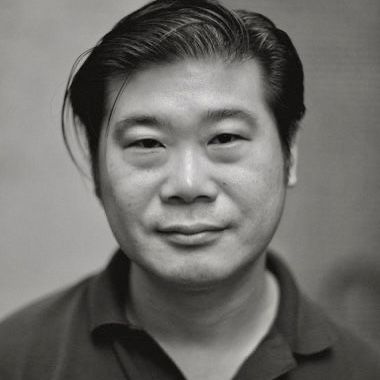Creativity as Recombination
Business at a macro-level can often be described as an ebb and flow process of bundling and unbundling, aggregating and disaggregating.
These are like weather patterns. Sometimes the conditions are right to pursue an aggregation strategy as an upstart. Perhaps there's an opening that is too small for an incumbent to pursue because it won't meaningfully affect the business, but, it's a great long-bet for an upstart to enter the market and gain leverage over time.
The same process applies to developing ideas. You need to start trying to put the lego pieces together, but you then need a regular process of seeing how these constructs hold up to critique. Then, if warranted, you need to quickly tear them down so you can start over again and build the next iteration, now armed with the insights from the previous iteration.
Often, there's a tendency to only allow for small tweaks, almost as a way to reassure oneself that they've been on the right track all along. It's a huge milestone in the creative process when you get to that point where you're simply making refinements, but it's a mistake to do that prematurely because it's an indicator that you're remaining married to design decisions that have proven wrong.
Often this process of building and tearing down is considered "whiplash". That it's the sign of someone who doesn't know what they're doing. That a more experienced and qualified creator would be able to get it mostly right on the first try. This is hubris.
There's certainly a personal element to the creative process—you have to know and accept your flaws in order to account for them. But assuming you should already know the answer to where this is going is posturing. If you are truly exploring, you have to orient your process in a manner that leaves you open to what you don't already know. And, if you knew the answer to begin with, perhaps this isn't really as significant of a problem as you had thought.
And so, to persevere through these weather conditions, is to also consider the emotional costs of doing so. You need to go through these build-ups and tear-downs as quickly as possible, in as dispassionate a manner as possible. Further, if this is a team process, rather than an individual one, then you'll need to behave as if you're all on a road trip together and actively communicate intent, facilitate dialogue, reiterate conclusions, and reinforce the understanding that you are driving through choppy weather.
All that said, the most important constraint to consider is time. First, there will never be enough time. You can always iterate and improve. So, the mistake to make is to keep budgeting more and more time. What you really want to do is impose arbitrary deadlines per iteration, and then do what you can within that. It seems like a borderline irresponsible way to work, because how could you produce anything good? However, the truth is, nothing in the early stage is going to be good. It's why a filmmaker's first feature tends to look like a filmmaker's first feature. The whole point is to start making forward progress. And, failing to impose a time constraint is going to impede your progress.
